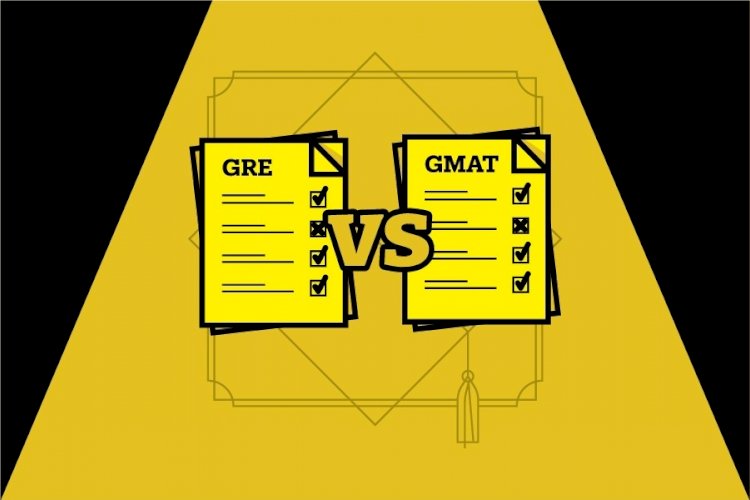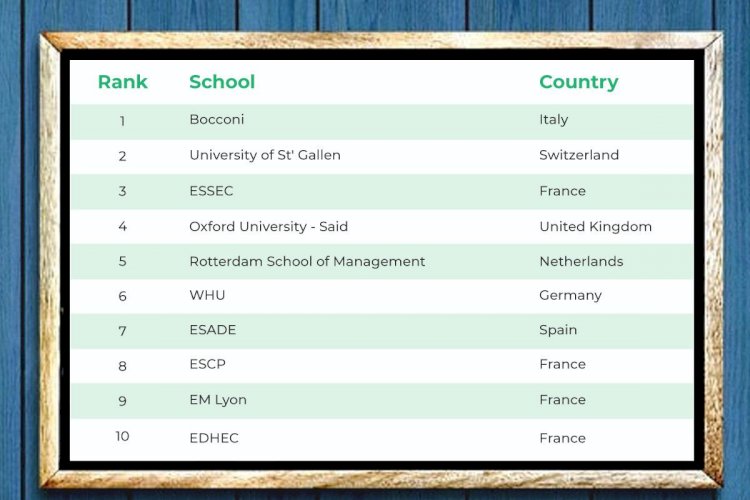
What are the deal-breakers for candidates looking for a job after an MBA? Unrealistic salaries, job role expectations, poor communication and interpersonal skills, no demonstrated capacity to perform, and a poor cultural fit between a candidate and a company are just a few of the factors that can negatively impact an MBA graduate's career.
Employers are on the frontlines of the struggle against the skills gap, which is a critical policy issue. It's crucial to understand employer perspectives on hiring, training, and retraining a skilled workforce in this setting. In an era of fast technological change, the "Employer Perspectives on Workforce Development" series provides a glimpse into employers' issues and the innovative solutions they are seeking regarding workforce development. Let us look below at what skills employers Look for in MBA Graduates.
- Ability to create, maintain, and extend a social network
- Capacity to solve difficult situations
- The ability to collaborate with a diverse group of people
- Time management and prioritization skills
- Understanding the influence of digital technology on enterprises
These are how employers do the skill gap analysis in a candidate. Quantitative skills and the ability to integrate information from various sources are also among those recruiters find highly attractive in an employee.
Are MBA graduates asking for too high a salary after an MBA?
According to recruiters, many students also ask for too much, too soon. Most of the time, this translates into demands for six-figure beginning salaries after an MBA. Part of the issue derives from the fact that the most commonly reported pay numbers are from top-tier institutions or specific localities with much higher living costs. Students become enraged when they see significant incomes advertised in periodicals and believe they are entitled to the same. Put another way, they need to do more research to determine what they should ask for, whether it's salary after an MBA or anything else.
MBA students either utilize their degree to advance or enhance their careers in their chosen field or as a career changer for jobs in different occupations or industries. Companies want to minimize risk in a down economy, so they choose applicants who have demonstrated their capacity to succeed, which means they prefer career enhancers as recruits. Students enrolled in full-time MBA programs are all considered career changers. Most have little professional experience, making it challenging to land positions because companies frequently seek specialized job experience. Full-time program graduates must demonstrate relevant volunteer work or internships in their area, preferably before enrolling in business school.
Summary
So, we can undoubtedly conclude that the skill gap affects jobs after an MBA. For many employers, taking on a leadership role in workforce development will require changes to prior practice. Fundamentally, employers must identify and signal the skills they need and develop mechanisms to recruit, train, and retain employees.
Also read: Getting an MBA in Ireland
 MBA Center Global
MBA Center Global 
























